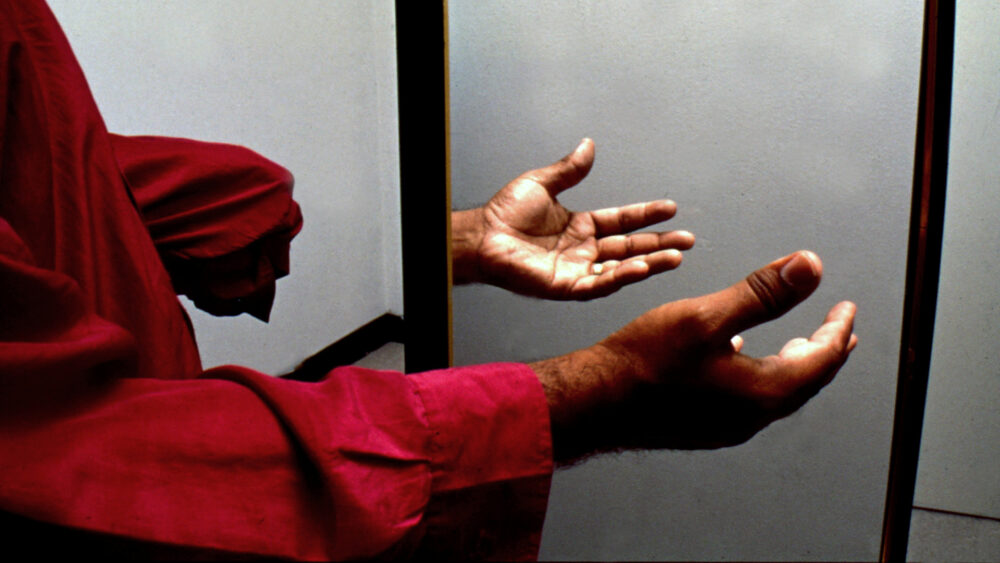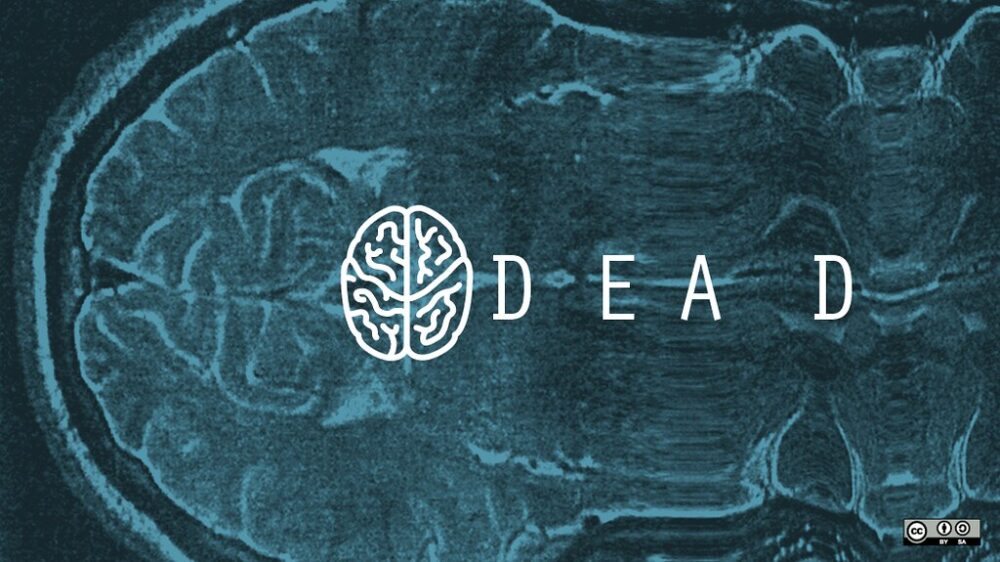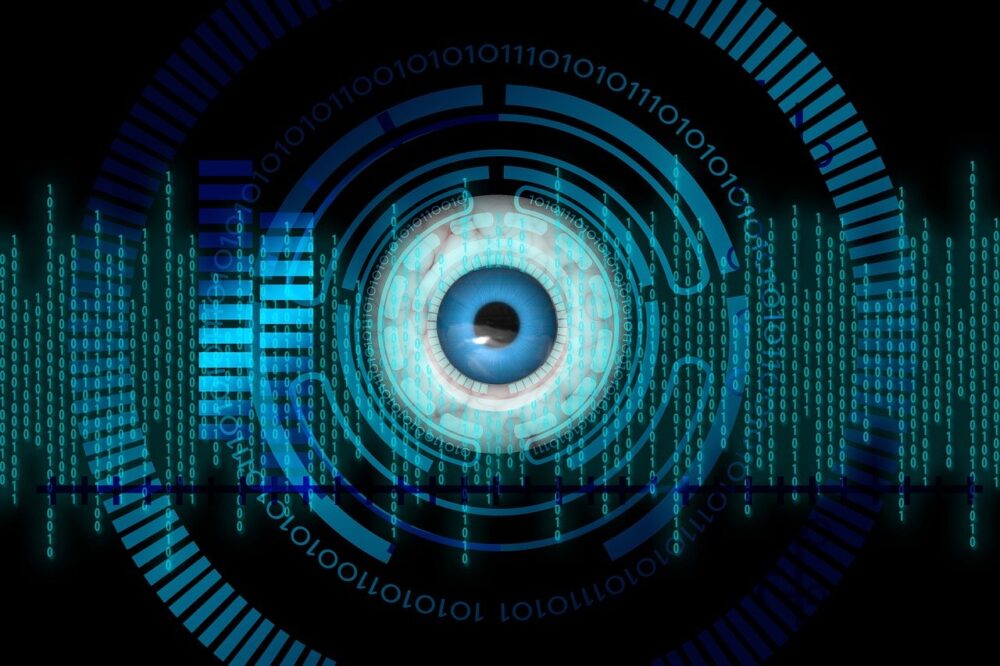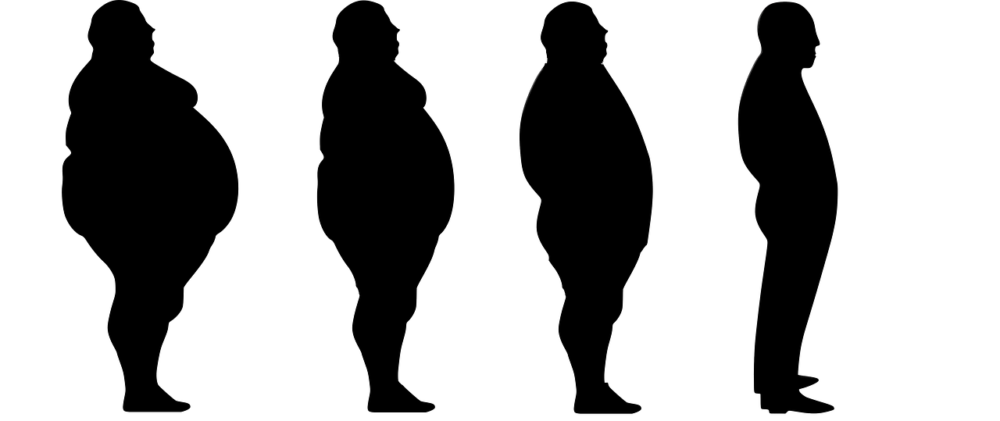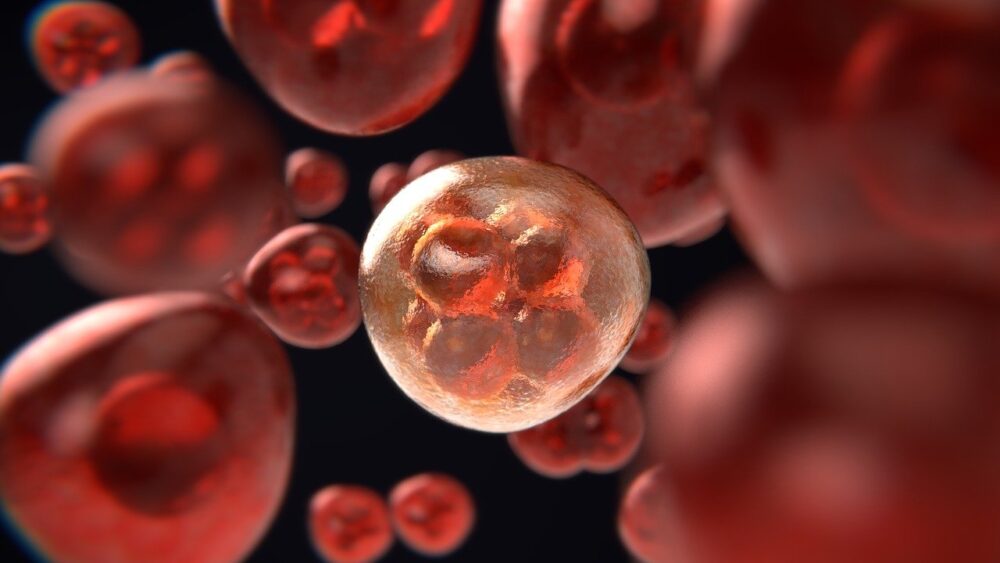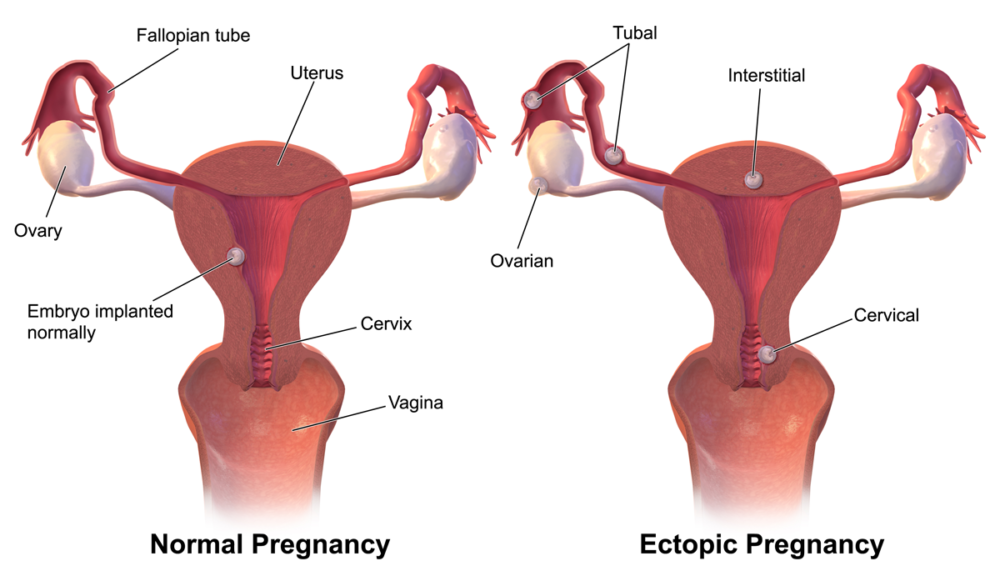The neurological glitches behind stuttering: Causes and arising treatments
Including President Joe Biden, Emily Blunt, and James Earl Jones, stuttering affects over 70 million people, including 3 million Americans. Denoted by continuous interruptions in the starting and timing of syllabi, stuttering can have dramatic effects. About five percent of children stutter, but approximately 80 percent recover from stuttering by the time they reach adulthood, […]
The neurological glitches behind stuttering: Causes and arising treatments Read More »

